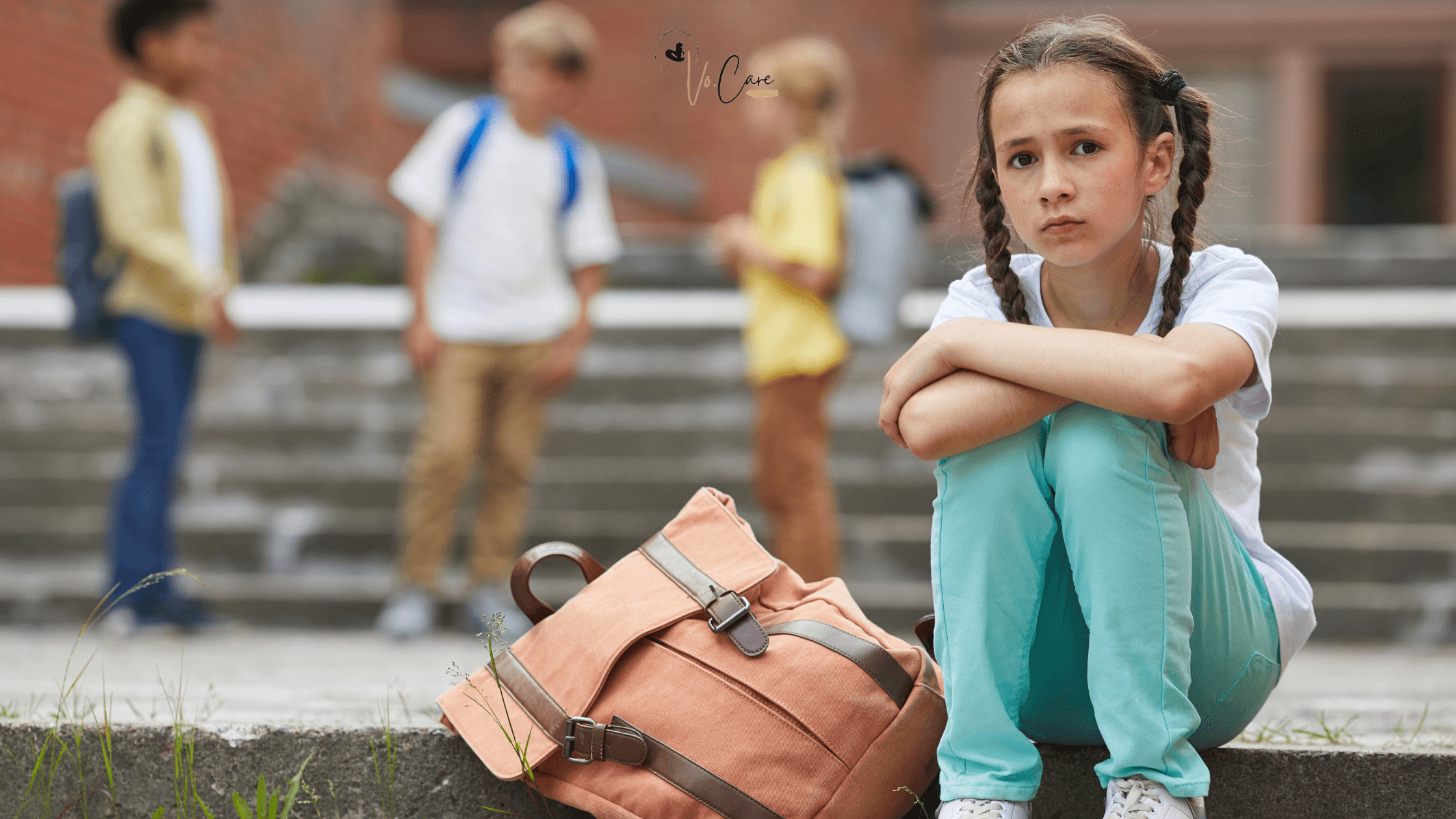TL;DR I shed light on the warning signs of depression in children and adolescents. Crucial indicators like persistent sadness, social withdrawal, academic decline, and changes in sleep patterns are mentioned. My goal is to empower parents, educators, and caregivers to create a nurturing environment for young individuals and promote mental well-being in the next generation.
As a psychiatrist, I believe it’s crucial to address the often-overlooked issue of depression in children and adolescents. While it’s normal for young individuals to experience occasional mood swings and challenges during their formative years, persistent and significant changes in behavior and emotions could indicate a deeper concern.
Today, I’ll shed light on the warning signs of depression in children and adolescents, empowering parents, educators, and caregivers to recognize the red flags and seek appropriate help when needed.
Persistent Sadness and Hopelessness
One of the primary warning signs of depression in young individuals is an ongoing feeling of sadness or hopelessness. Children and adolescents experiencing depression may express feelings of emptiness or describe their emotions as overwhelming and uncontrollable.
Withdrawal from Friends and Activities
Noticeable social withdrawal or a sudden disinterest in activities they once enjoyed can be indicative of depression. If a usually outgoing child or teen starts isolating themselves from friends and family, it might be time to check up on his or her emotional well-being.
Academic Decline
Depression can have a significant impact on a child’s academic performance. A once enthusiastic and engaged student may start to struggle with schoolwork, experience a drop in grades, or lose interest in extracurricular activities.
Irritability and Anger Outbursts
While depression is often associated with sadness, it can also manifest as irritability and frequent anger outbursts in children and adolescents. This emotional turmoil may be a defense mechanism or a way to cope with internal struggles.
Changes in Sleep Patterns
Depression can disrupt sleep patterns in young individuals. Some may experience difficulty falling asleep or staying asleep, while others may sleep excessively as a way to escape from their emotional pain.
Physical Complaints without Underlying Medical Cause
Children and adolescents with depression may frequently complain of physical symptoms like headaches or stomachaches. If medical examinations rule out any underlying health issues, these symptoms might be related to emotional distress.
Persistent Fatigue and Low Energy
Feeling tired and lacking energy despite adequate rest can be an indication of depression. This persistent fatigue may impact their participation in daily activities and affect their overall functioning.
Thoughts of Self-Harm or Suicide
In extreme cases, depression in children and adolescents can lead to thoughts of self-harm or suicide. Any mention or indication of self-harm should be taken very seriously, and immediate professional help should be sought.
Recognizing the warning signs of depression in children and adolescents is vital for early intervention and support.
As parents, educators, and caregivers, it’s essential to foster open communication with young individuals, encouraging them to express their emotions and concerns freely. If you notice any of the warning signs mentioned, don’t hesitate to reach out for professional help. Mental health professionals are equipped to assess and provide appropriate treatment options to help children and adolescents navigate through their emotional challenges and find hope and healing.
If you think that your child or adolescent is showing signs of depression and needs professional help, you can contact us or you can book a free intro session here.
